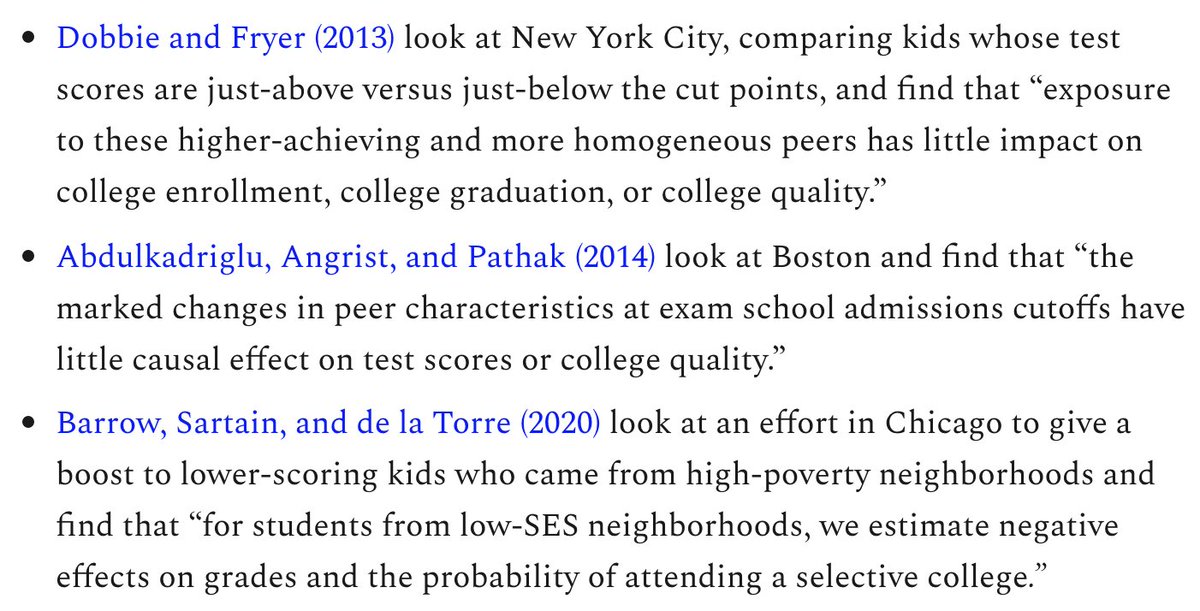
People are dogpiling @mattyglesias for his completely reasonable view that copyrights should last for about 30 years. One of the more ridiculous counter-arguments is that royalties from old books can serve as an author's pension.
The vast majority of books generate near-zero revenues after 30 years. And the ones that do generate significant revenues after 30 years almost always generated revenues before 30 years too.
As an author you don't know how well your book will sell in 20 or 30 years. So if your book is selling well now you should be saving a chunk of the revenue and investing it in a retirement account—just like anybody in any other profession.
More fundamentally, the point of copyright is to give authors an incentive to write books. Nobody writes a book so that the royalties will support them in retirement decades later. They're mostly thinking about the money they'll make in the next few years.
• • •
Missing some Tweet in this thread? You can try to
force a refresh



